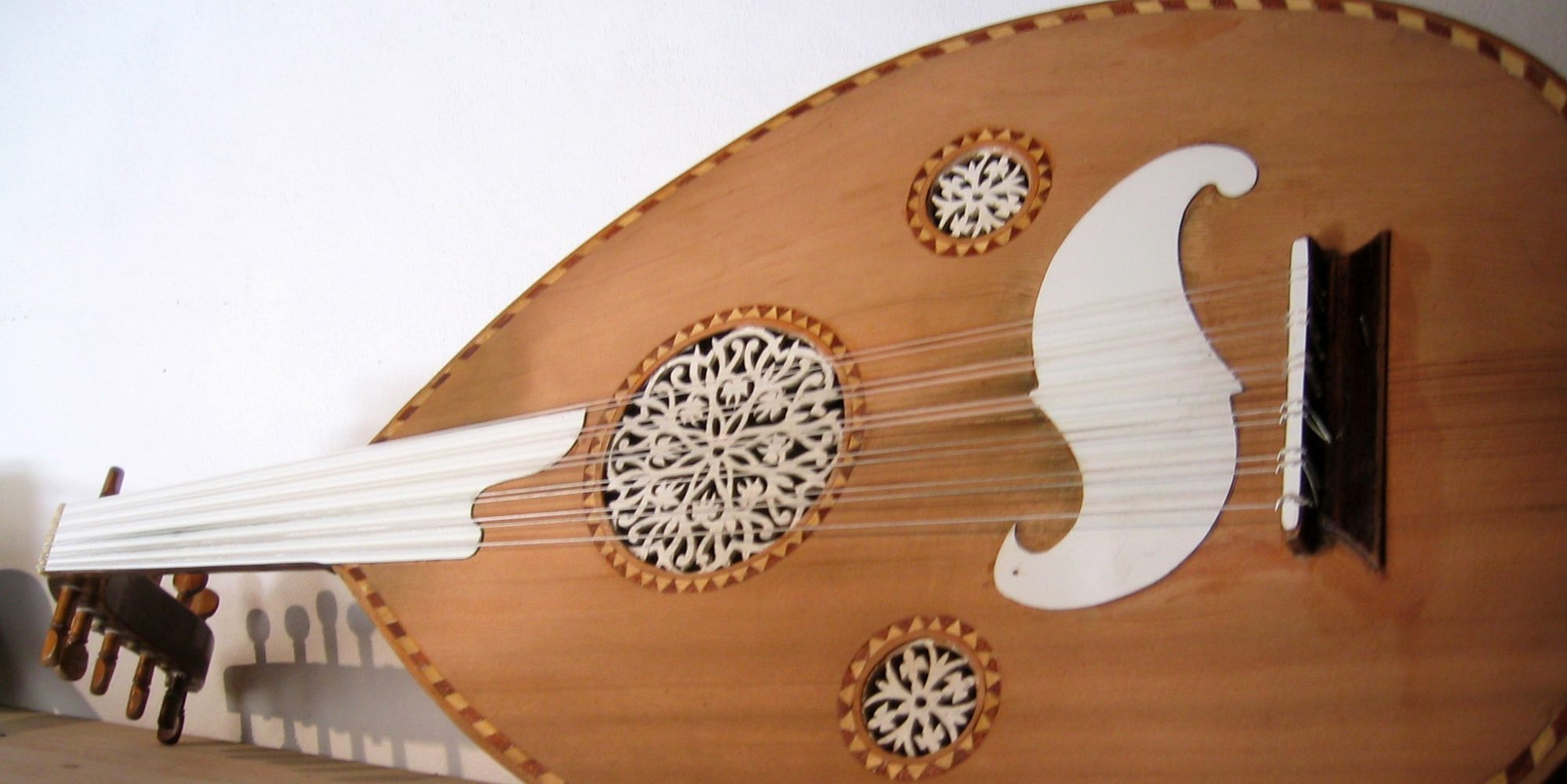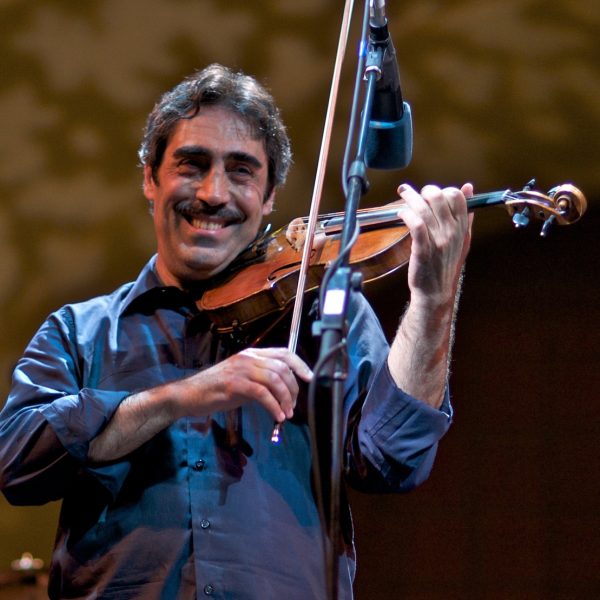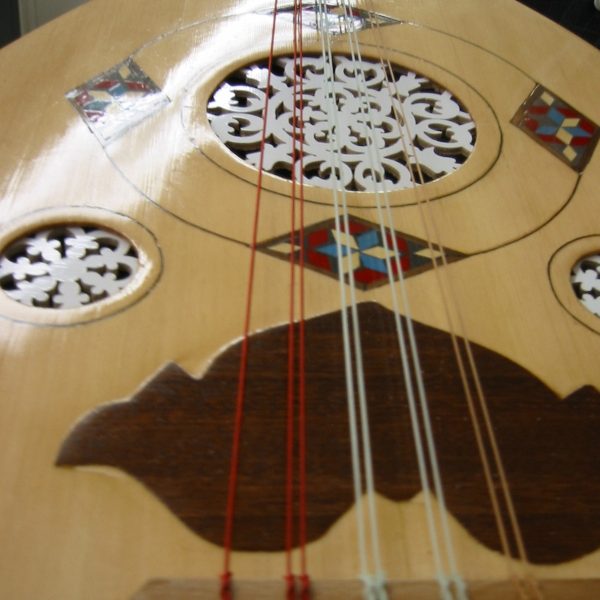Afropop Classic July 27, 2023
Journeys with the Oud
This Afropop Worldwide program traces the history of the oud.
The oud is the ancestor of many modern string instruments, including the lute and the guitar. Its origins may lie in Persia or Mesopotamia, but now, it is played all over the world, used in spiritual and secular music, in classical, pop, and jazz settings. In this program, we hear oud music from Lebanon, Egypt, Tunisia, Sudan, Morocco, Iraq, and elsewhere, exploring the instrument's history, lore, and rich variety of styles and sounds. We talk with oud virtuoso Simon Shaheen, and innovator Anouar Brahem as we delve into mysteries surrounding this seminal string instrument. [Produced by Banning Eyre. Originally aired February 17th, 2003]

Related Audio Programs

Hip Deep August 10, 2023
Part 2 of Afropop's Al Andalus series focuses on the effects in Africa and the Middle East.











